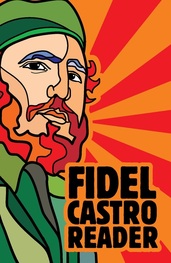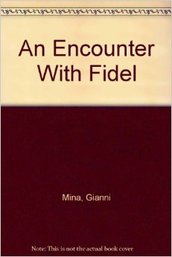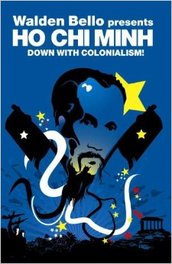The Vietnamese forces were able to defend Hanoi for two months, before withdrawing before the superior firepower of the French. At first, the Vietnamese government was relocated to the outskirts of Hanoi, but by April 1947, the government was relocated to the mountainous zone of Viet Bac. In the first years of the war, President Ho Chi Minh often moved clandestinely, avoiding French efforts to assassinate him. The government adopted a strategy of guerrilla resistance, but also including larger operations when the conditions were favorable. In October 1947, the French launched an offensive against the government base of operations in Viet Bac, but the offensive was a failure, resulting in the death of many French soldiers (Prino 2008:50; García Oliveras 2010:48-50; Duiker 2000:406-13).
In spite of the setback, the French continued with plans to retake its former possession. In 1949, the French established a Vietnamese government with limited sovereignty in the Associated States of Indochina, under the authority of former emperor Bao Dai. Thus, there were two governments claiming authority: a revolutionary government led by Ho Chi Minh, and the puppet government of Bao Dai. By 1953, the army of the puppet government, trained by the French with US financial aid, had reached 200,000 troops; and French troops numbered 250,000. However, the revolutionary government took control of more territory, such that by 1953 nearly all of the north was under its control, except for Hanoi and the large cities. And in those areas under French control, popular organizations were maintained, and there were strikes by workers and protests by students, professors, political personalities, and merchants. In a desperate attempt to reverse the deteriorating situation, the French and puppet armies destroyed entire villages, relocating people to concentration camps. Animals were killed, and rice fields were destroyed. But the French and their puppets could not reverse the tide. In the battle of Dien Bien Phu, which lasted for 55 days from March 13 to May 7, 1954, the forces of the revolutionary government directed by General Vo Nguyen Giap obtained a decisive victory. More than 1500 French soldiers were killed, and 4000 were wounded; nearly 16,000 French soldiers were killed, captured, or listed as missing in action, and all of the French officers surrendered. In addition, by May 1954, the revolutionary government had control of 75% of the national territory (Prino 2008:51-54; García Oliveras 2010:51-87, 91, 96; Duiker 2000:430-35, 441-43, 448, 452-55).
Beyond the military and political gains within Vietnam, the international political climate had changed by 1954 in favor of the Democratic Republic of Vietnam. The victory of the Chinese Revolution had established the Popular Republic of China in 1949. By 1950, China, the Soviet Union, and the socialist countries of Eastern Europe had recognized the Democratic Republic of Vietnam. Ho Chi Minh was able to undertake a diplomatic trip to China and the Soviet Union, and Vietnam subsequently received military equipment and advisors from China. In France, as a consequence of the failure of the French military occupation to effectively re-conquer its former colony, there emerged popular opposition to the Indochina War (García Oliveras 2010:68-71, 75, 85; Duiker 2000:414-23).
Early in 1954 at an international conference in Berlin, the major powers agreed to hold another conference in Geneva in order to discuss issues related to international peace, including Korea and Indochina. The Geneva peace talks began immediately following the decisive victory of the Democratic Republic of Vietnam at Dien Bien Phu, as we will discuss in the next post.
References
Duiker, William J. 2000. Ho Chi Minh. New York: Hyperion.
García Oliveras, Julio A. 2010. Ho Chi Minh El Patriota: 60 años de lucha revolucionaria. La Habana: Editorial de Ciencias Sociales.
Ho Chi Minh. 2007. Down with Colonialism. Introduction by Walden Bello. London: Verso.
Prina, Agustín. 2008. La Guerra de Vietnam. Mexico: Ocean Sur.
Key words: Third World, revolution, colonialism, neocolonialism, imperialism, democracy, national liberation, sovereignty, self-determination, socialism, Marxism, Leninism, Cuba, Latin America, world-system, world-economy, development, underdevelopment, colonial, neocolonial, blog Third World perspective, Vietnam, Ho Chi Minh, French-Indochinese War

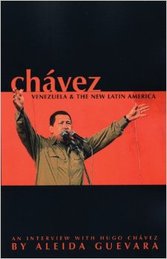

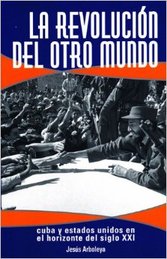
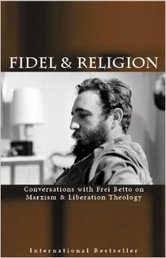
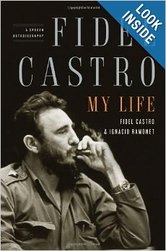
 RSS Feed
RSS Feed



